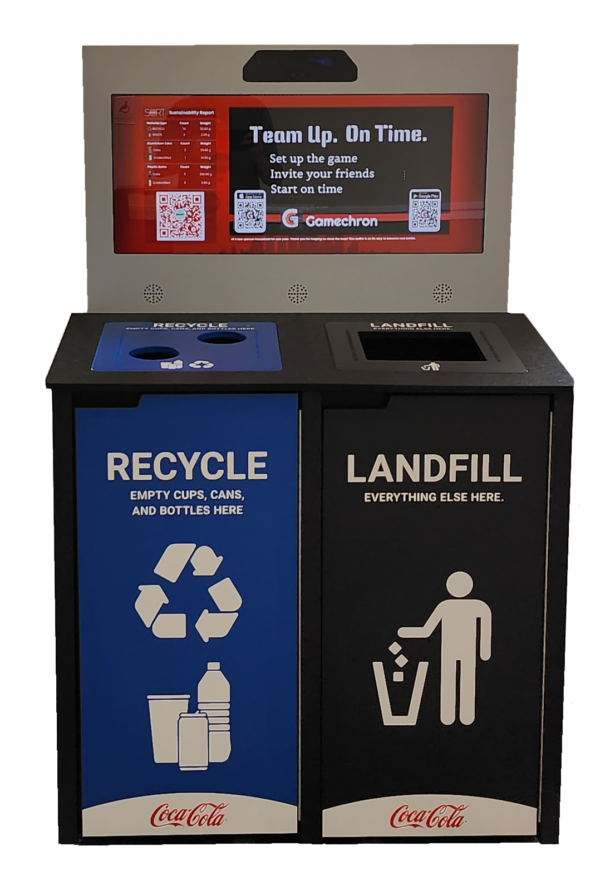The impact of waste on the environment is undeniable. Waste that is not properly managed can have a significant effect on the environment, from air and water pollution to land degradation and climate change. Waste can also lead to public health risks, as solid or hazardous waste can enter the food chain and cause serious illnesses. In addition, the production and disposal of waste can use up valuable natural resources like water, energy, and land, leading to further environmental degradation. Ultimately, the effects of waste on the environment can be devastating and long-lasting.
In order to reduce the impact of waste on the environment, it is important to take a proactive approach to reducing, reusing, and recycling. Reducing waste is the first step, and this can be done by using products with minimal packaging, buying in bulk, and avoiding single-use items like plastic bags and straws. Reusing items, when possible, is also an important way to reduce waste. This could include items like bottles, jars, and bags that can be reused multiple times. Recycling is an effective way to reduce the amount of waste sent to landfills. By sorting and recycling items like paper, plastic, glass, and metal, these materials can be reused in new products, thereby reducing the amount of waste that needs to be disposed of.
The impact of waste on the environment can be significant, but by taking a proactive approach to waste management, we can all help to reduce its impact. By reducing, reusing, and recycling, we can help to protect the environment and keep our planet healthy for generations to come.




